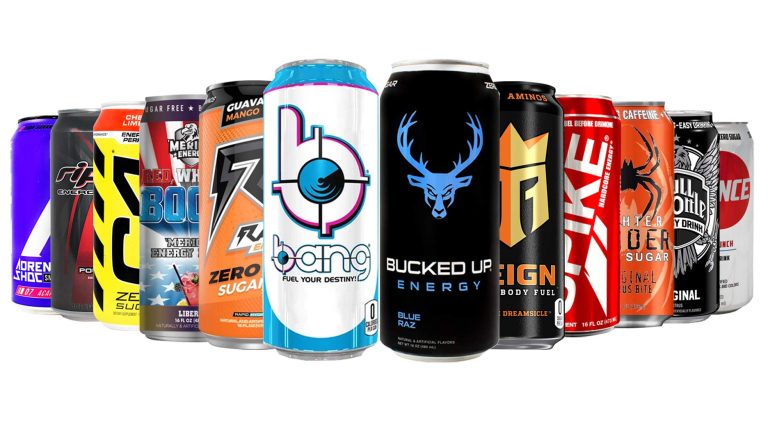The UK government is set to introduce a new law in England that will prohibit anyone under the age of 16 from purchasing energy drinks such as Red Bull, Monster, and Prime. This decision comes in response to growing concerns about the health impacts of these beverages, which are consumed by up to a third of UK children each week, despite many supermarkets already implementing voluntary bans.
Health and Social Care Secretary Wes Streeting expressed that the government has been urged to act by parents, teachers, and children themselves, noting the negative effects on health, concentration, and learning. “You can see the impact on health, concentration, and learning, and that is why we are acting,” he stated during an interview on BBC Radio 4.
Excessive caffeine consumption can lead to serious health issues, including rapid heart rates, abnormal heart rhythms, and even seizures. Although rare, there have been incidents of fatalities linked to excessive caffeine intake. Moreover, the sugary variants of these drinks pose additional risks, contributing to dental damage and obesity, according to The Association of UK Dieticians.
A 12-week consultation period will begin to gather input from health and education experts, as well as feedback from the public and retailers already enforcing bans. While no official implementation date has been announced, Streeting indicated that the ban would be enacted “a lot sooner” than the end of the current parliamentary session.
Youth activist Carrera, part of the group Bite Back, criticized manufacturers for their marketing tactics, which use influencers and appealing packaging to target young consumers. “It’s no wonder energy drinks have become the social currency of the playground,” she remarked.
Lower-caffeine soft drinks, like Diet Coke, will not be affected by the ban, nor will tea and coffee. Noteworthy figures, including TV chef Jamie Oliver, have voiced their concerns about the impulsive consumption of these drinks among children, describing them as “an absolute nightmare.”
Experts highlight that children are more sensitive to caffeine due to their developing bodies and brains. For adults, a daily intake of up to 400mg of caffeine is generally considered safe, but this level can be harmful to younger individuals.
The previous Conservative government had attempted to implement a similar ban but abandoned the initiative in 2022, citing personal choice. Streeting countered this by stating that while adults can make their own choices, children require a different approach.
Prominent health professionals support the ban, with Prof. Steve Turner from the Royal College of Paediatrics and Child Health labeling it as the “next logical step” for improving children’s diets. Prof. Amelia Lake from Teesside University emphasized the negative mental and physical health consequences associated with energy drink consumption.
While the UK government moves toward this restriction, Northern Ireland, Scotland, and Wales are also considering similar measures. Gavin Partington from the British Soft Drinks Association noted that manufacturers had already taken steps toward self-regulation and stressed the importance of evidence-based policy-making.


